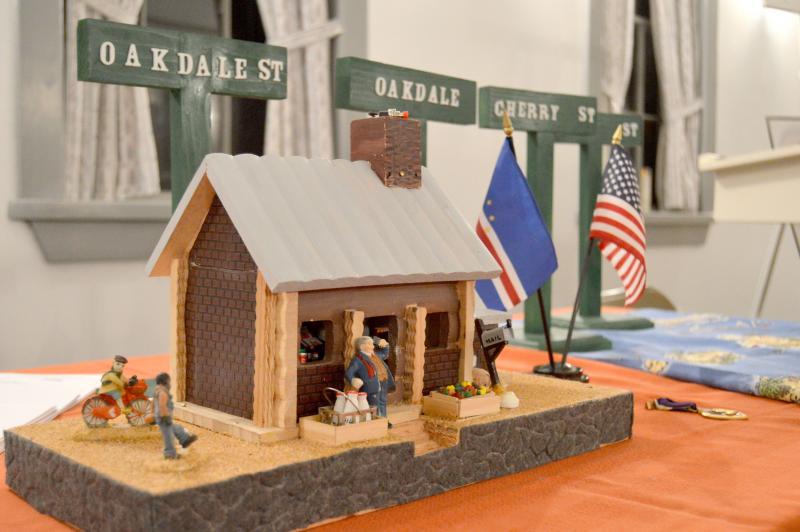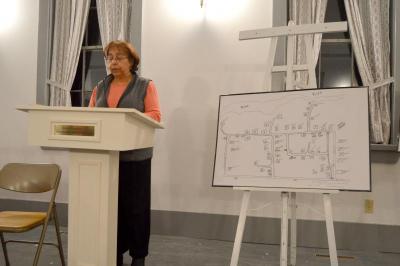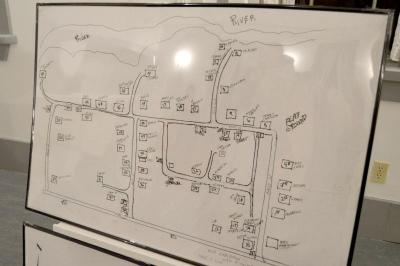Family a key component in Oakdale Village history
Oakdale Village at the turn of the century was marked by a strong sense of community and, most importantly, family.
The Wareham Historical Society invited Joan Fontes to discuss the history of Oakdale Village and its inhabitants on Monday night at the Methodist Meeting House.
Fontes’ speech drew from information culled from 17 interviews with individuals who have relatives living or who lived in Oakdale. The interviews were recorded by WCTV as part of the “Summer of Celebration” event in 2014, which celebrated the 275th anniversary of the incorporation of Wareham.
The Village of Oakdale is located between Route 6 and the Agawam River and is surrounded by water on three sides. Residents of the community lived primarily on four blocks: Oakdale Street, Avenue A, Cherry Street and Apple Street. Oakdale Street runs through the middle of the town, which is likely why the village was named accordingly.
“Oakdale was a pleasant place to live, grow up and raise children. You couldn’t ask for a better place,” said Fontes, who spent her childhood in the village.
She said the first Cape Verdeans arrived in Oakdale in the late 1800s or early 1900s. She described the area as a humble, tight-knit community.
“In 1945, the residents were either related by blood or marriage. There were forty-seven families and over a hundred children,” she said.
Despite the strong family ties in the village, the Cape Verdeans of Oakdale experienced prejudice outside the community. She gave one example from the 1930s.
“There was a bowling alley in Wareham. They would not let the Cape Verdean kids in. They said it was a private establishment,” Fontes said. “The children would stand at the window, watching the other kids bowl.”
She said the children at the time got along with one another and were less concerned with the social mores of their parents. The matter was settled, however, in 1937 when a hurricane came through and destroyed the bowling alley.
Because there weren’t many opportunities for Cape Verdeans during the late ‘40s and ‘50s, many of the younger residents sold their family homes and moved elsewhere, particularly New Bedford or Boston. Fontes said that about half of those remaining in the community today are of Cape Verdean descent.
“We’ll hold onto our memories and keep our heritage alive,” she said. “Oakdale did not have everything we wanted, but had everything we needed.”
















